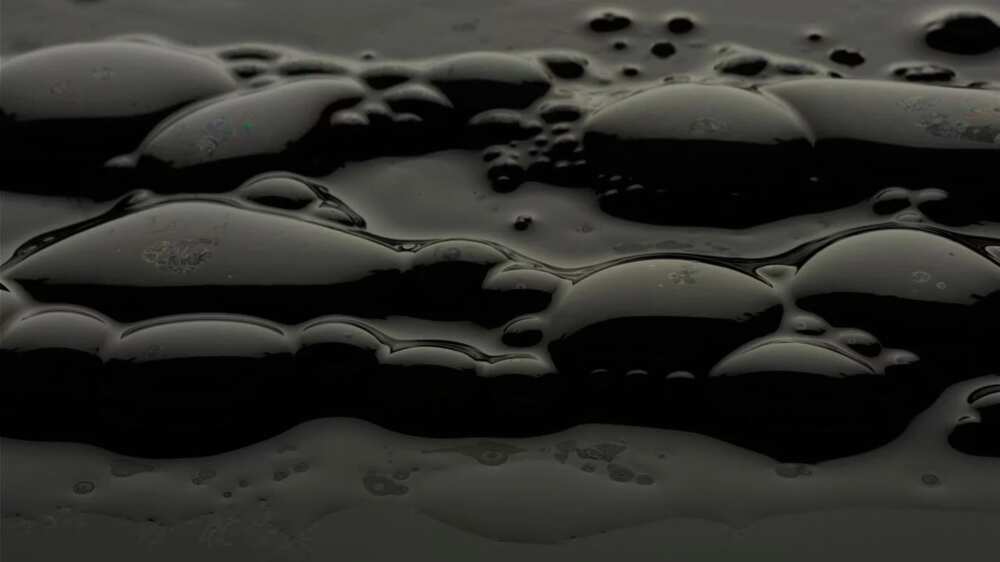History of crude oil in Nigeria
In June 1956, Shell-BP discovered oil in the Oloibiri community. Now this territory is in Bayelsa. From that day the history of crude oil in Nigeria was made. That was still four years before Nigeria gained its independence. The colonial authorities of the British Crown asserted that all the minerals found are their property. At the time only Shell-BP had the right to investigate this territory. Two years later, 22 wells to pump oil were built. To learn more, just continue reading this article for interesting facts.

Oil spillage in Nigeria after independence
In 1961, Shell opened its terminal, which extracted crude oil in Nigeria. Many companies such as Elf, Texaco, Golf, Mobile, and some others were involved at this point. The Oil companies created profitable alliances, set rates and even formed laws that the participants of the oil market today still make use of.
IOCs (International oil companies) still process Nigeria oil and find new fields since they have enough money and field to achieve this purpose. The Nigerian government earned quite the modest cut from these business dealings which were mostly in form of taxes. The main focus at that time was still agriculture, which provided a revenue for 45.9 million Nigerians (population of the country when Nigeria declared its independence).
The development of the industry was halted by the 1966 civil war:
● At the time, 418 thousand barrels were produced daily but during military operations in 1968 only 150,000 barrels were produced.
● The investments of IOCs were in danger. As a result, the founding countries of the organizations made efforts to suppress the civil war.
● However, there was even some discord in this scenario. Some representatives of the alliance supported Biafra, while others believed that it was more profitable to cooperate with the Nigerian government.
● Finally, at the end of the war, the national government realized the importance of oil exploration in Nigeria. In 1969 significant legislative changes were made.
● In 1971 a state-owned oil company controlling the extraction of oil - NNPC ( Nigerian National Petroleum Corporation) was established. This was done to protect the interests of Nigerians.
● By the end of the 1970s, five more legislative acts were introduced. Land use laws were revised and this created a separate economic zone.
READ ALSO: Oil producing states in Nigeria 2017

The Petrodollar period
Nigeria joined OPEC (Organization of Petroleum Exporting Countries) in 1971. In accordance with the requirements of the organization, it owned 51% of the shares. After the events of the 70's, there was a significant increase in the production. The daily scope exceeded one million barrels.
At that time, the development of the Nigerian petroleum market was considered one of the most important events for the entire industry. The management of rates has shifted from America to OPEC. The prices were controlled by the Texas Railroad Commission. The restrictions on the extraction of "black gold" from the wells created by the Americans in the Nigerian territory were eliminated. The impact of OPEC on the world market grew, and consequently, the countries that were part of this union, including Nigeria also grew.
In 1972 the conflict between Israel and Yom Kippur caused an oil embargo. Many eastern countries, including the United States, supported Israel. Many Arab exporters reduced daily production to 5 million barrels.
Between 1978 and 1979, the world was shaken by the confrontation between Iran and Iraq. Supply losses reached about 2 million barrels. Due to this, rates quickly grew. Other states increased volumes of supplies to make money from the situation. Political elite earned good profit. Key market players continued to reap the benefits.

Market decline
Much has changed since all these events. The 80's became a period of decline when production was not as large as before. Nigerian authorities poorly controlled not only the oil market but also the agricultural sector. As a result, the state income suffered greatly.
Along with oil problems, revenue also suffered. Between 1958-1983 Nigeria borrowed 101 billion dollars from the USA, and paying back such sum was very difficult. Structural Adjustment Program tried to deal with this problem.
During the First Gulf War, Nigeria felt the impact through a sharp increase in rates. In the 1990s, legislative acts were adopted to resolve the situation. They didn't bring the result that was expected. The management wasn't very transparent. The organisations that managed Nigeria's resources were also producing negative results.

Now you know when oil was discovered in Nigeria and how all the circumstances surrounding it. If the resource is managed correctly, it will lead to a better welfare for the population. Despite the fact that history of this industry in Nigeria has spanned 60 years, ordinary citizens have not yet felt its benefits. Perhaps it is time to change something.
READ ALSO: Names of prominent Nigerians allowed to lift crude oil from 2017-2018
Source: Legit.ng




